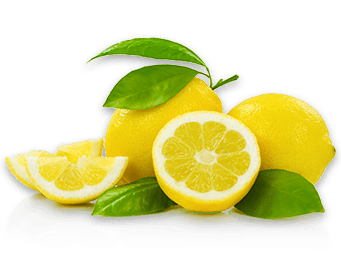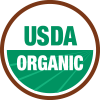

Lemon (Citrus limon), native to India and South Asia, is a small evergreen tree related to the orange, pomelo, tangerine and grapefruit. The ellipsoidal fruit has a green rind when unripe, which turns yellow when ripe, and the pulp is segmented and light yellow in color. Lemon juice is used in a wide variety of beverages and foods, and it can also be used as a preservative for a short period of time on foods that oxidize, because its high acid content slows down the oxidation effect of enzymes.
Famous for their sour taste as a result of their high citric acid content, lemons are also an excellent source of naturally occurring vitamin C, or ascorbic acid, and contain the plant compound, citrus limonin. Like other citrus fruits, lemons contain a variety of phytochemicals like the flavonoid glycosides hesperetin, naringin, and naringenin, as well as containing smaller amounts of flavonoids like ß-carotenes, ß-cryptoxanthin, zeaxanthin, and lutein. They are a good source of dietary fiber and contain a number of vitamins and minerals, including B-vitamins (niacin, folate, thiamin, riboflavin, folate, pantothenic acid, pyridoxine) as well as zinc, magnesium, copper, iron, calcium and potassium.*


| Product | Specifications | Extraction/Drying Method | Applications |
|---|---|---|---|
| Lemon Juice Powder | Country of Origin: Brazil Botanical source: Citrus limonum R. Part used: Fruit pulp Appearance: White to light beige powder Solubility: Mostly soluble Certifications: Kosher and Food grade Produced in an FSSC 22000 certified facility | Spray dried | Functional foods Functional beverages Dietary supplements Skincare Pet foods |
Lemon Juice Powder (organic)
 | Country of Origin: Poland/Chile Part used: Lemon juice concentrate Appearance: Cream powder Solubility: Mostly soluble Certifications: Organic, Kosher and Food grade Produced in an FSSC 22000 certified facility | Spray dried | Functional foods Functional beverages Dietary supplements Skincare Pet foods |